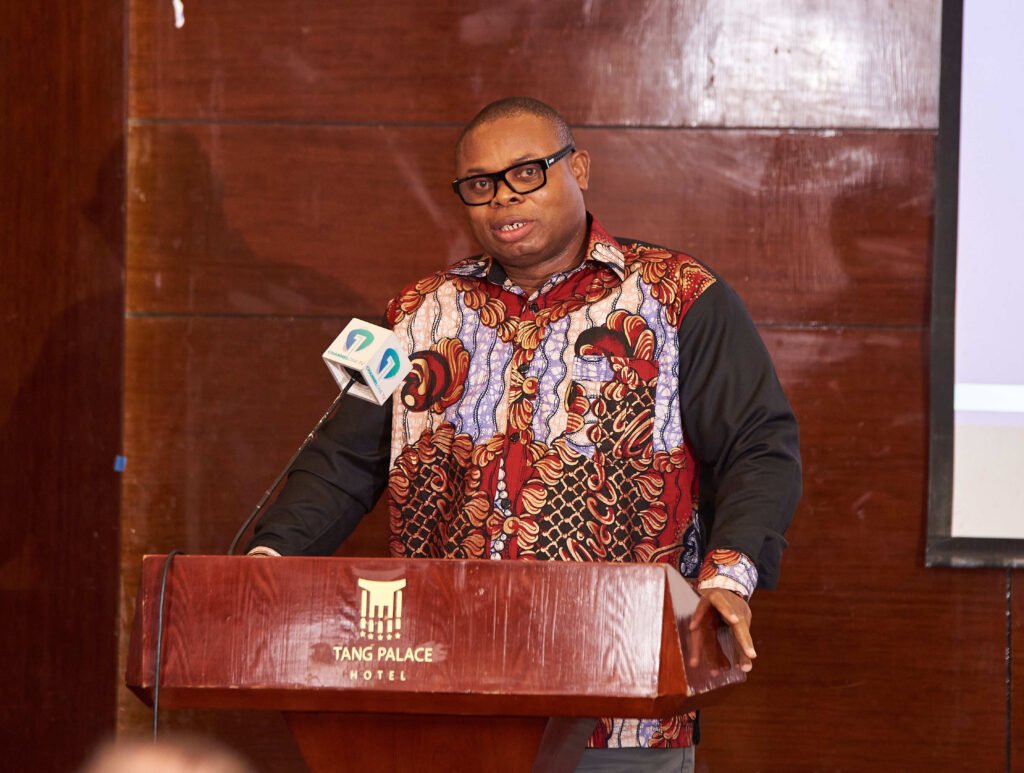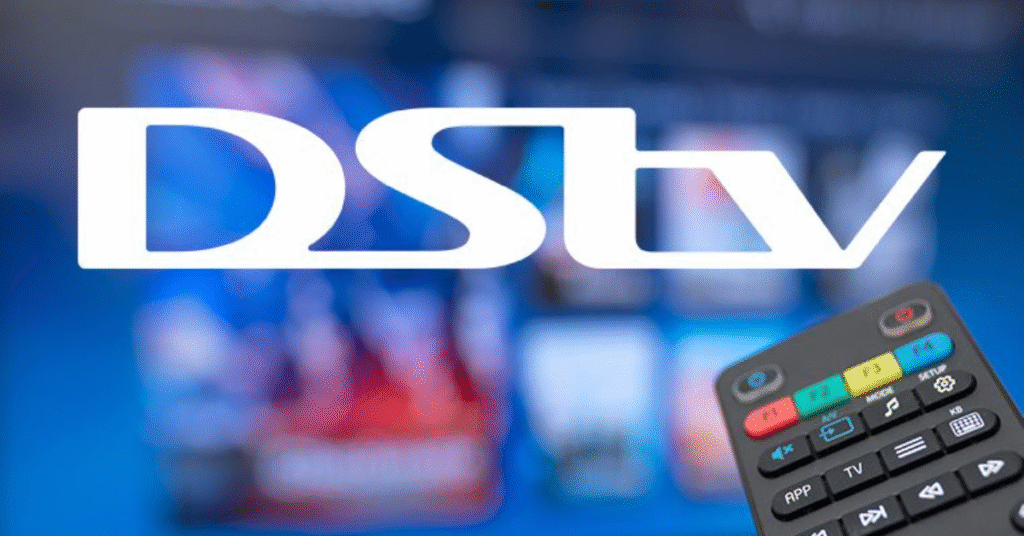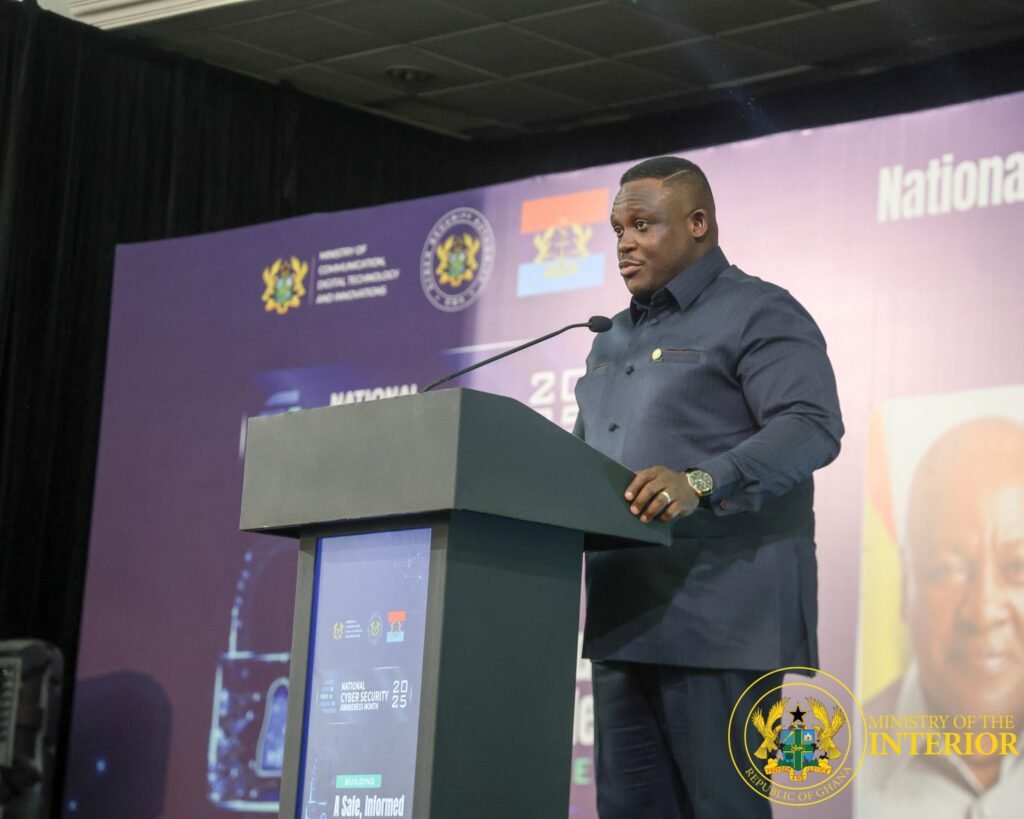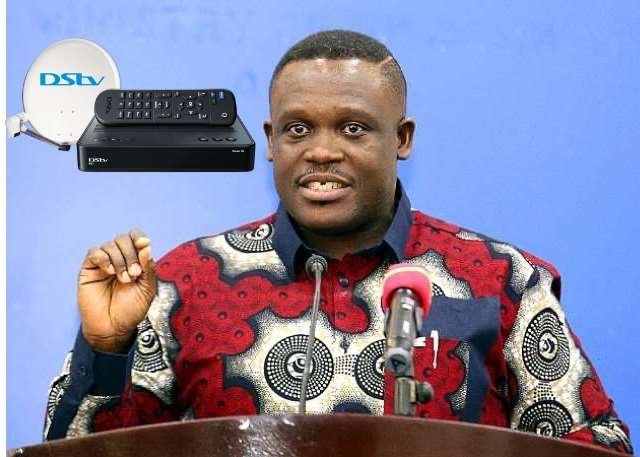The IMANI Centre for Policy and Education, through its Criticality Analysis of Governance Issues (CAGI), has raised questions about the recent “increased value offer” announced by Ghana’s Minister for Communications, Digital Technology and Innovation, Hon. Samuel Nartey George, following government negotiations with MultiChoice Ghana Limited over DStv subscription fees.
The policy think tank argued that the supposed achievement, celebrated by the Minister as an unprecedented win for Ghanaian subscribers, may in fact be a rebranding of MultiChoice’s routine upgrade promotions rather than the promised price reduction he had demanded.
The controversy began when Hon. Samuel Nartey George made an emphatic call for a downward review of DStv subscription rates, citing the need for fair pricing and consumer protection. His push culminated in a public address where he declared that, instead of a price cut, the government had secured what he termed an “increased value offer” for all DStv customers.
According to the Minister, the agreement ensures that subscribers who renew their existing packages will receive an automatic upgrade to the next higher tier at no extra cost.
“If a Compact subscriber paying GHS380 renews their package, they will automatically be upgraded to the Compact Plus package worth GHS570.” The offer, he said, would allow subscribers to enjoy more channels and better value for their money, reflecting up to “33 to 50 percent increased value depending on the package.”
IMANI Centre for Policy and Education’s Criticality Analysis of Governance Issues (CAGI)
Announcement Falls Short of Original Promise
However, IMANI’s CAGI contended that this announcement falls short of the Minister’s original promise.
“When the Minister initially directed the National Communications Authority (NCA) to suspend DStv’s license if prices were not reduced, his goal was explicit — a reduction in the cost of subscription, not an increase in the number of channels offered for the same fee”.
IMANI Centre for Policy and Education’s Criticality Analysis of Governance Issues (CAGI)

The think tank recalled its earlier caution that “top-down mandates risk undermining the very market trust that underpins the economy’s recent upswing.” Instead of forceful directives, IMANI had recommended that the Ministry should facilitate a transparent negotiation where MultiChoice would disclose cost components such as content licensing, currency hedging, and local operational expenses.
Such transparency, they argued, would have enabled evidence-based discussions and sustainable price reforms aligned with Ghana’s market discipline.
Following those deliberations, the eventual outcome was not a price reduction but the so-called “increased value offer,” which IMANI argued is not new. The report noted that MultiChoice has a history of offering temporary upgrade promotions, often aimed at enticing inactive or lower-tier subscribers to explore higher packages.
“In reality, DStv routinely runs such upgrade campaigns. Subscribers who have not renewed for some time often receive calls or SMS messages offering free upgrades for a month. This is a marketing strategy to attract users to premium content, after which they can choose to remain on the higher package or downgrade.”
IMANI Centre for Policy and Education’s Criticality Analysis of Governance Issues (CAGI)

Offer Sustainability
IMANI’s analysis further questioned the sustainability of the Minister’s “value offer.” Since DStv operates a monthly subscription model, the increased value will likely last only for the duration of the promotional period, after which subscribers must pay the full price of the upgraded package to continue enjoying the same level of service.
“If a Compact subscriber is upgraded to Compact Plus for a month, they can either renew at GHS570 to maintain that package or revert to Compact at GHS380. Unless MultiChoice clarifies otherwise, this offer does not translate into long-term savings for subscribers.”
IMANI Centre for Policy and Education’s Criticality Analysis of Governance Issues (CAGI)
Moreover, the analysis highlights that DStv’s package prices have significantly increased over the past four years. Between 2021 and 2025, the monthly Access package rose from about GHS45 to GHS99, representing a more than 120 percent increase.
The report argued that without a genuine price cut, the so-called “increased value offer” does not relieve the financial pressure on Ghanaian households already burdened by rising costs of living.
IMANI concluded that while the nationwide rollout of the upgrade promotion is unusual, it should not be mistaken for structural reform in pay-TV pricing. “It is not unprecedented, as MultiChoice has used this model in targeted marketing before. What is new is its national scope,” the report clarified. The think tank insisted that the Communications Minister Hon Samuel Nartey George, owes Ghanaians a clear explanation.

“Citizens deserve to know whether this increased value offer means genuine new pricing or simply a temporary upgrade to higher packages. If it is the latter, then the Minister’s announcement represents not a reduction but an illusion of value.”
IMANI Centre for Policy and Education’s Criticality Analysis of Governance Issues (CAGI)
For IMANI, the episode underscores a deeper issue of communication and transparency in policymaking. The organization maintained that credible consumer protection requires clarity, data disclosure, and consistent accountability—not celebratory announcements that risk blurring the line between promotional marketing and policy achievement.
READ ALSO: Stronger Wallets, Stronger Economy — Domestic Demand Powers GH¢2.09 Billion VAT Surge in 2025



















